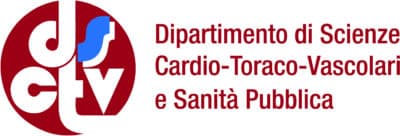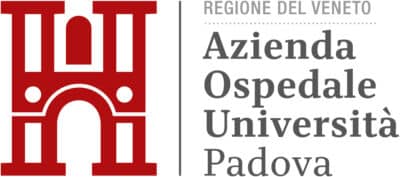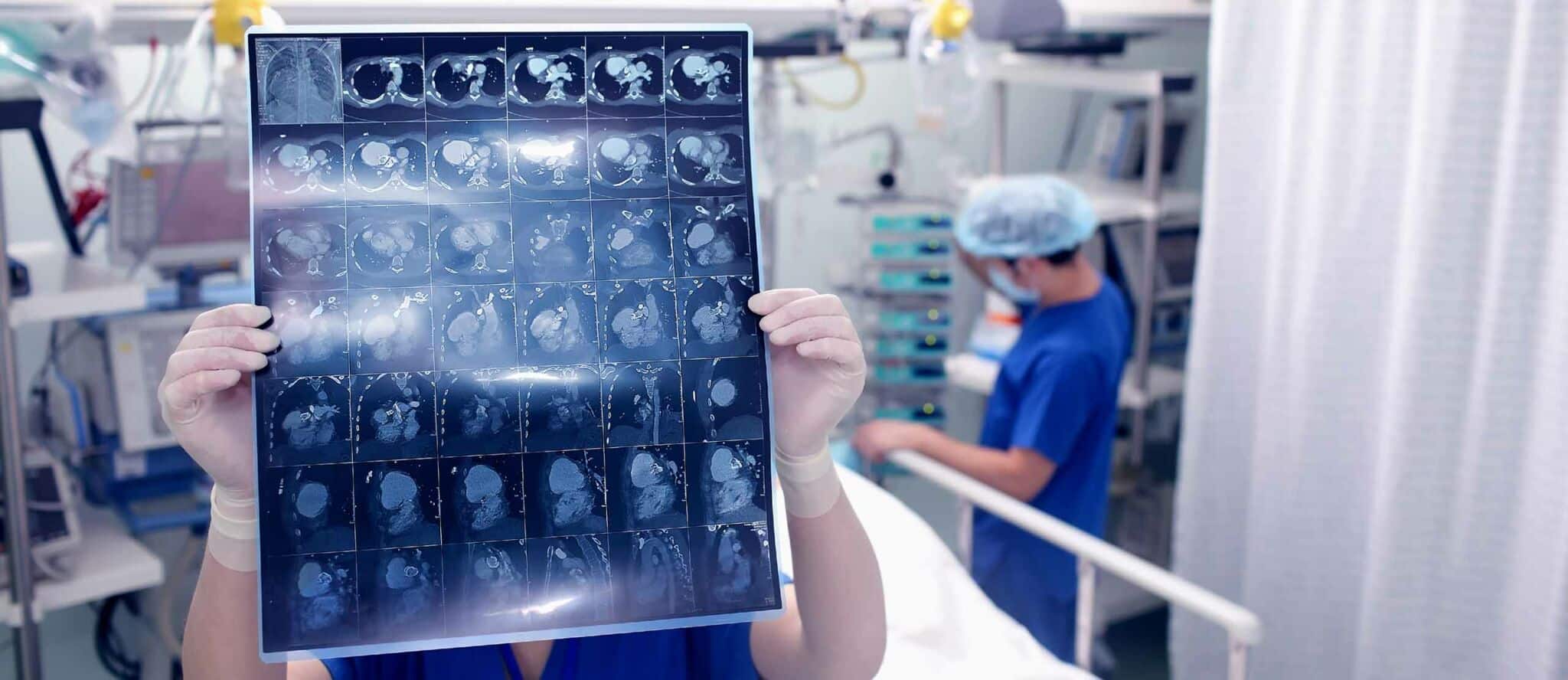

The Second-level short specialisation degree in Cardiac Magnetic Resonance aims to provide theoretical and practical training in cardiac magnetic resonance imaging to cardiologists, radiologists and sports physicians in order to make students autonomous in identifying a study protocol aimed at the clinical question, in the acquisition and reporting of images.
The clinical applications and the diagnostic and prognostic role of cardiac magnetic resonance imaging in the cardiovascular field will also be explored in depth.
These objectives will be achieved through online lessons in asynchronous mode and online practical exercises aimed at planning the study protocol, acquisition, post-processing and interpretation of images.
The training course of the Second-level short specialisation degree in Cardiac Magnetic Resonance provides for the highly specialized acquisition of a cardiac magnetic resonance exam, related to the patient’s clinical question, and for the independent execution of the images post-processing.
In addition, it includes specific training on the interpretation and reporting of cardiac magnetic resonance images, in light of the medical conditions and of the most recent international guidelines.
The Short specialisation degree also provides further skills of clinical management and follow-up for cardiology patients.
The Second-level short specialisation degree in Cardiac Magnetic Resonance includes asynchronous online lessons.
Furthermore, attendees will be prompted to attend hands-on activities and seminars, held in online mode, and focused on sequence acquisition techniques, creation of a study protocol relevant to the clinical question, and exam discussion and reporting.
The final test will consist in a cardiac magnetic resonance exam report for each one of the main cardiac disease studied.
During the Second-level short specialisation degree in Cardiac Magnetic Resonance, there will be no medical activities on patients, since the entire lessons will be done online.
The Faculty includes some of the most important specialists and experts on Cardiac Magnetic Resonance:
- Sabino Iliceto
- Martina Perazzolo Marra
- Alberto Cipriani
- Dr Annagrazia Cecere
- Giorgio De Conti
- Dr. Manuel De Lazzari
The Second-level short specialisation degree in Cardiac Magnetic Resonance trains surgeons, cardiologists and radiologists, qualified to practice, even as specialized training.
At the end of the Short specialisation degree, the knowledge acquired will make the professional independent throughout the entire path, from image acquisition to their reporting.
The training course aims to train highly specialized professionals:
- in the acquisition of a cardiac magnetic resonance examination aimed at the patient’s clinical question;
- in the autonomous execution of image post-processing;
- in the interpretation and reporting of cardiac magnetic resonance images, in the light of the clinical picture and the most recent international guidelines;
- in the clinical management and follow-up of the cardiology patient.
The Second-level short specialisation degree in Cardiac Magnetic Resonance provides training on:
- Magnetic resonance physical principles and signal acquisition: introduction to the topics and methods of signal acquisition in magnetic resonance.
- Sequence acquisition in magnetic resonance and study protocols: methods and specific protocols related to the patient’s clinical question.
- Safety and contrast media in magnetic resonance: procedures to be applied in magnetic resonance and their characteristics, administration methods and counter-indications for contrast media.
- Volume and functional quantification of the heart chambers in cardiac magnetic resonance.
- General cardiology patient framework: Level 1 and 2 diagnostic exams and clinical applications; role, potential, indications and counter-indications of cardiac magnetic resonance.
- Ischemic heart disease: stress-related cardiac magnetic resonance; role, potential, indications, counter-indications and medical applications; indications, counter-indications and administering methods for the main stressors used.
- Medical-diagnostic framework, study protocol and differential diagnosis of patients with:
- Acute and chronic ischemic heart disease
- Inflammatory cardiomyopathies
- Dilated phenotype cardiomyopathies
- Hypertrophic phenotype cardiomyopathies
- Arrhythmogenic cardiomyopathy
- Infiltrative and accumulation cardiomyopathies
- Pericardium diseases
- Benign and malignant heart tumours
- Study of valvular diseases in cardiac magnetic resonance: study protocol in patients with valvular diseases; assessment of the valvular anatomy and quantification of the criticality of the valvular issue in cardiac magnetic resonance.
- Aorta and large vessel diseases: medical-diagnostic framework and study protocol on the patient.
- Congenital heart diseases: medical-diagnostic framework and study protocol.
- Non-cardiac collateral findings: identification and reporting of non-cardiac collateral findings.
- Pitfalls in the acquisition and interpretation of cardiac magnetic resonance images: recognition and correction of the most common pitfalls.
Integration of cardiac magnetic resonance in athletic patient diagnostic work-ups: role, potential, indications and counter-indications when executing cardiac magnetic resonance on athletic patients.
The general ranking of merit for the academic year 2025/26 will be published on the Italian page of this Second-level short specialisation degree according to the timing provided in the Call.
Information
FAQ
The titles presented by the applicants will be assessed for selection purposes. Specifically, the following scores will be assigned:
- Resume: up to 70 points
- Dissertation: up to 10 points
- Publications: up to 10 points
- Other titles deemed useful by the applicant: up to 10 points
The minimum score to access the Short specialisation degree is 50 points.
The learner, once completed the enrollment in the Short specialisation degree, will have access to an online platform where he can follow the lessons, practical exercises and seminars.
The online lesson mode will be interactive in such a way as to encourage the participation of each learner.
At the end of each lesson, exercise and seminar it will be possible to ask questions and clarify any doubts directly with the teacher.
After enrolling in the Short specialisation degree, the student will have access to an online platform to follow the lessons, hands-on activities and seminars. The online lessons will be interactive to promote everyone’s participation. At the end of each lesson, activity and seminar, you will have the chance to ask questions and clarify any doubts directly with the professor.
The Short specialisation degree will not include any medical care on patients. Hands-on training will be done through online activities, under the supervision of a tutor who will guide the student in the cardiac magnetic resonance images post-processing and interpretation. At the end of each activity, you will have the chance to ask questions and clarify any doubts directly with the professor.
DAC list students will receive a registration contribution of € 600.00
There will be 1 scholarship worth € 3,800.00.
Attendance of the Short specialisation degree is mandatory; students must attend at least 80% of the lessons. Active participations to the lessons, hands-on activities and seminars is strongly encouraged, in order to better acquire the notions transmitted.

